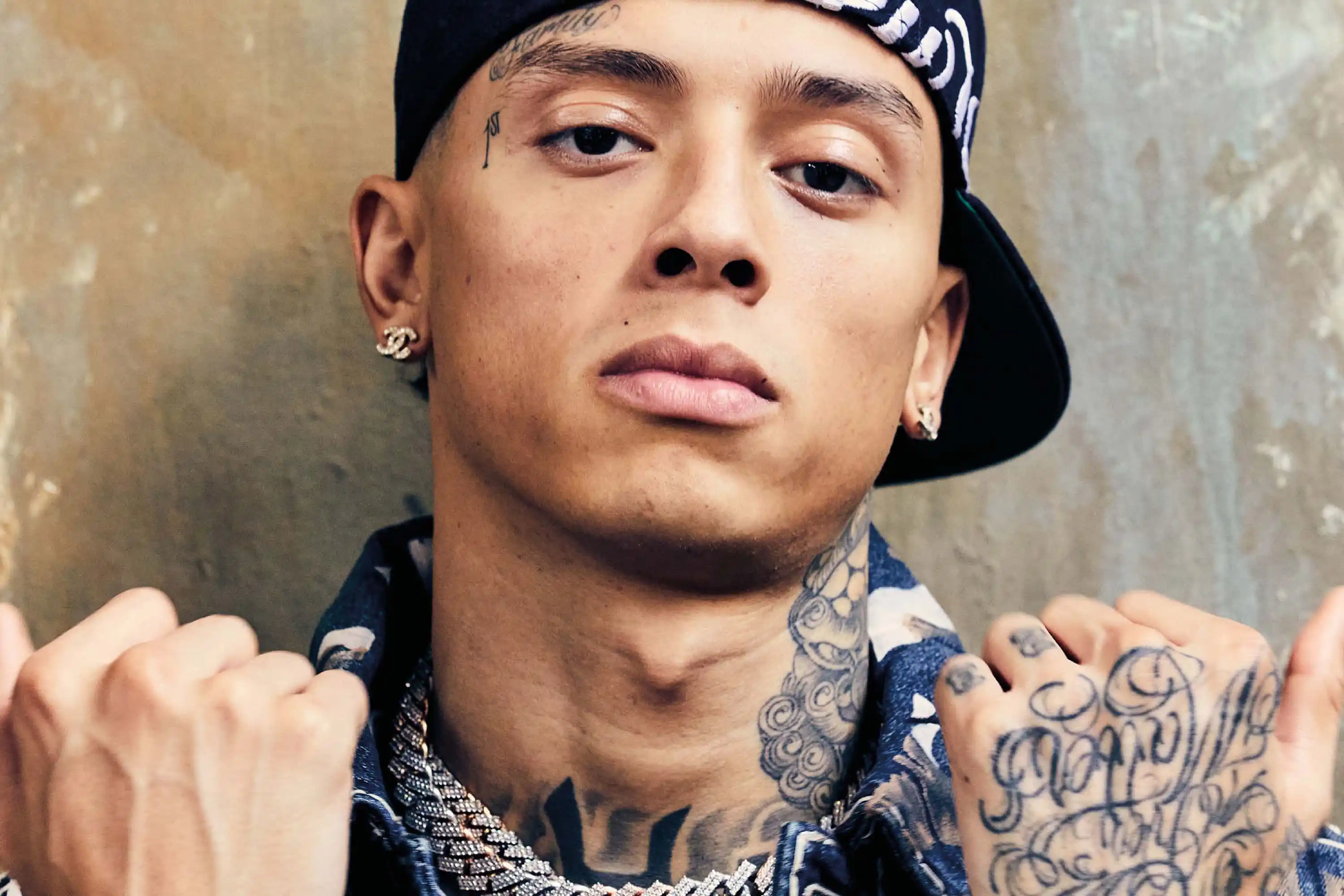
Drake and British rapper Central Cee have released their joint track "Which One" as part of the livestream event Iceman. This collaboration between two globally recognised but culturally contested artists reignites the debate around cultural appropriation and the notion of the "culture vulture". With Kendrick Lamar recently accusing Drake of exploiting Black culture, and Central Cee also facing questions over his identity and authenticity, this article offers a critical and factual analysis of their recent careers, the ethics behind the track, and the political silence surrounding their artistic choices.
The Collaboration: Minimalism, Marketing, and Momentum
On 24 July 2025, Drake unveiled "Which One" alongside Central Cee during the second episode of his livestream Iceman. Shot in an empty pool with a dancer as the visual focus, the clip presents a stripped-down, almost austere aesthetic. Musically, the track blends elements of UK drill, dancehall, and afrobeats. Drake switches into a British accent, while Central Cee delivers a straightforward, rhythmically sharp verse.
The release follows Drake's earlier single, "What Did I Miss?", in which he alludes to tensions with Kendrick Lamar. For Central Cee, 2025 has already been a breakout year with his debut studio album Can't Rush Greatness, which topped charts in the UK and across Europe.
This moment marks a strategic alignment: Drake, looking to regain narrative control after a year of public feuds, and Central Cee, rising rapidly in the global rap scene, use this collaboration to project strength and unity.
The Kendrick Lamar Feud and the 'Culture Vulture' Label
The timing of the release is significant. Drake is still facing backlash from his high-profile dispute with Kendrick Lamar, which climaxed with Lamar’s diss track “Not Like Us”. In it, Lamar accuses Drake of being a “culture vulture” — someone who appropriates aspects of Black culture for personal gain without genuine connection or advocacy.
The critique centres on Drake’s fluid adoption of various global sounds and accents — from Jamaican patois to Nigerian afrobeats — and the perception that these choices are more strategic than sincere. His silence during pivotal social movements, such as Black Lives Matter, has only fuelled suspicions.
At the Wireless Festival in London, when the crowd chanted “F*** Kendrick”, Drake leaned into the moment rather than diffusing the tension. Meanwhile, he launched a lawsuit against Universal Music Group, alleging they promoted the defamatory diss track against him.
Defining the 'Culture Vulture': A Global Dilemma
The term “culture vulture” is loaded. In hip-hop and broader cultural discourse, it refers to individuals who extract value — stylistically, economically, or symbolically — from marginalised cultures without participating in their struggles or respecting their origins.
For Drake, this label is not new. His chameleon-like approach to accents and sounds is viewed by some as global versatility and by others as exploitative. The line between cultural appreciation and opportunism is thin — and critics argue that Drake often crosses it.
Yet, this conversation extends beyond music. It taps into broader questions: who owns culture? Can anyone participate, or must they be rooted in lived experience? In a hyper-connected world, these lines become increasingly blurred, but the demand for accountability remains.
Central Cee: A White Voice in a Black Genre?
Central Cee, born Oakley Caesar-Su, hails from Shepherd’s Bush, London. Though he draws heavily on the drill genre — born in Black communities in Chicago and London — he has no publicly acknowledged Black heritage. This absence has led to growing criticism around his aesthetic choices and the perception that he profits from a culture he doesn’t belong to.
He often sports visuals, slang, and styles deeply embedded in Black British youth culture. His identity, however, remains ambiguous, and in the context of UK rap, where authenticity is currency, that ambiguity becomes controversial.
The pairing with Drake, then, compounds the issue. Two artists with immense global influence but limited cultural accountability are now making music that uses the language, rhythm, and iconography of Blackness — without, say critics, carrying its burdens.

Ethics, Silence, and the Cost of Visibility
In 2025, Drake is recalibrating after the most public feud of his career. Central Cee is scaling the charts. Yet neither has addressed the ongoing conversations around racial justice, appropriation, or representation. Their silence is seen by many as telling.
In a time where many artists of colour (like Kendrick Lamar, Dave, or Little Simz) use their platforms for socio-political commentary, the absence of such engagement from Drake and Central Cee appears calculated. They inhabit the aesthetics of struggle, but not its discourse.
“Which One” becomes a symbol of this contradiction: it’s catchy, global, stylish — but devoid of political content or contextual reflection. It entertains while evading.
A Mirror or a Mirage?
“Which One” is more than a musical release — it’s a case study. In an era of heightened cultural sensitivity, this collaboration asks whether artistry can exist independently of politics, and whether global fame absolves artists of cultural responsibility.
The track is sonically effective but ethically ambiguous. It opens conversations rather than closing them. And in doing so, it challenges us not just to listen to what’s being said — but to question what’s left unsaid.
Drake and Central Cee, knowingly or not, have created the perfect storm: a hit single that sounds good, feels strategic, and raises the uncomfortable question — when does influence become intrusion?
Contactez la rédaction
Découvrez The Kinshasa Daily News – votre source incontournable d'actualités en RDC et votre partenaire de croissance ! Restez informé(e) avec nos analyses exclusives sur l'économie, la politique et la culture, tout en profitant d'une plateforme idéale pour promouvoir vos produits ou services auprès d'une audience engagée. Que vous soyez lecteur passionné ou entreprise ambitieuse, nous vous offrons une visibilité optimale grâce à des abonnements premium et des solutions publicitaires sur mesure (articles sponsorisés, bannières, interviews). Rejoignez notre communauté dynamique de décideurs et d'influenceurs !
Contactez-nous dès maintenant pour vous abonner ou promouvoir votre marque, et suivez-nous sur @thekinshasadailynews






.webp)

.webp)












Rejoignez notre channel WhatsApp